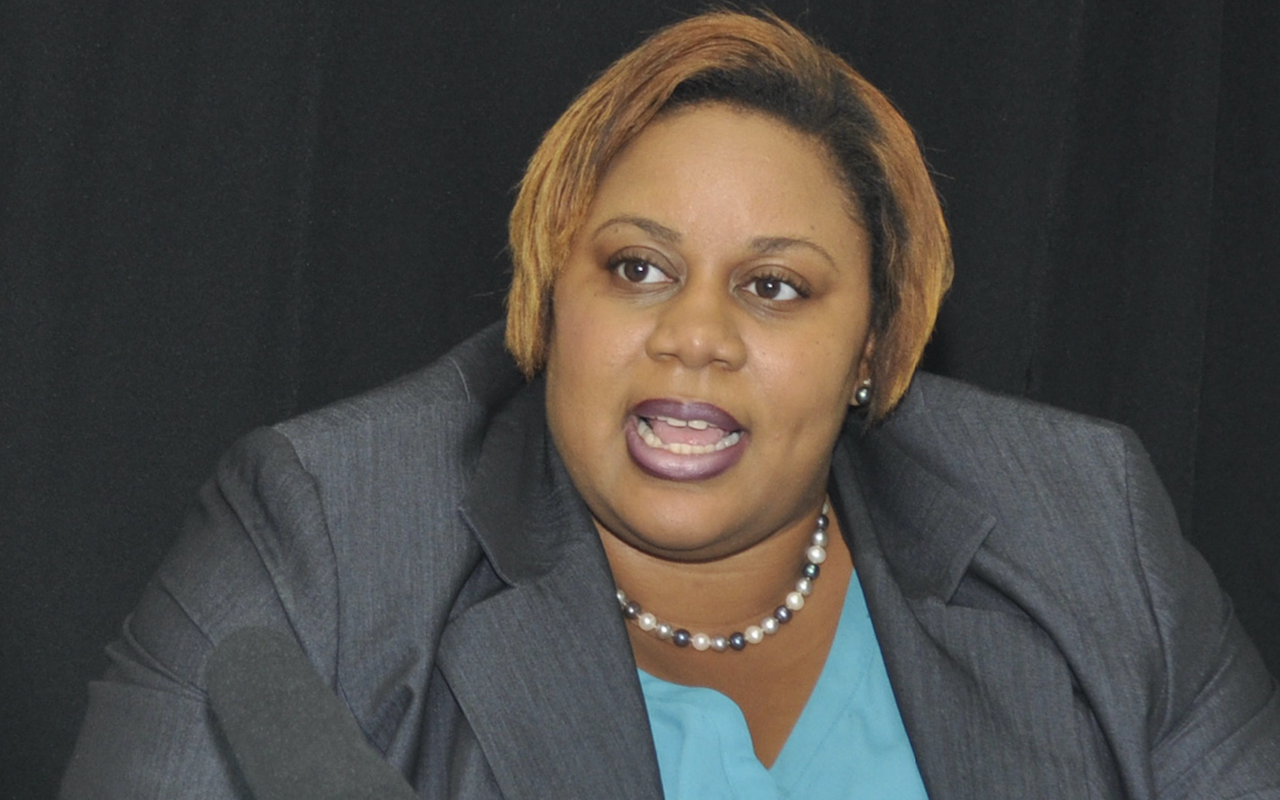A recent survey on vaccine and testing policy in Barbados has revealed that the majority of companies are in favour of a national vaccine policy. Also, in a third of the companies, staff is demanding that their colleagues be vaccinated against the COVID-19 virus.
Executive Director of the Barbados Employers’ Confederation (BEC) Sheena Mayers-Granville highlighted this information as she suggested that a national policy could serve as “a tool” in the arsenal to be used at the appropriate time.
Stating that business owners had a duty to take care of their operations, she said: “Therefore if there is a significant threat to the business then it is only reasonable for that business to respond accordingly.”
However, Mayers-Granville cautioned that a vaccination and testing policy must consider several factors that would work in sync with the non-pharmaceutical measures of physical distancing, sanitizing and the wearing of masks.
“I don’t think we can have a unilateral position to say we should or should not, or can or cannot, but what is clear is that we do develop employment policies to correct a problem or fill a void. In this case we are looking at the health and safety of workers, the health and safety of customers and the preservation of business and therefore the policies will not exist in isolation,” she said.
Mayers-Granville was speaking as part of a panel during the Barbados Hotel and Tourism Association (BHTA) public relations committee webinar series on Wednesday, under the theme Vaccination in Tourism: Is it a Choice?
Presenting aspects of the recent BEC survey, Mayers-Granville said some 31 per cent of participants were from the tourism industry.
“What we also found that was interesting and I don’t think many persons realise, is that employers are not only receiving requests from customers on if employees are vaccinated, but about 25 per cent of employers reported they receive requests from other employees to have their co-workers vaccinated,” she revealed.
“So we don’t realise that very often our co-workers are also concerned about their own health and safety and transmissibility of this virus . . . so your co-workers are saying ‘I would like to work alongside vaccinated employees because it will lower my risk of contracting COVID-19’,” she said.
“About 50 per cent of the persons who did not have a vaccination policy they were waiting on government policy first before they implement a vaccination policy within the organisation. I think that was a very important marker for us,” said Mayers-Granville.
“But for the ones who had a vaccination policy and those who did have a testing policy we asked them if they had these policies because of the health and safety of staff, was it to cater to health and safety of customers, was it something legally advised or requested by customers and suppliers? Overwhelmingly, the response was the health and safety of staff (about 70 per cent of responses),” revealed Mayers-Granville.
She said employers wanted a vaccination policy simply because they care and they know they have a responsibility to ensure they have a healthy and safe work space.
However, attorney-at-law Michelle Russell told the forum that it was not entirely true that employers were expressing this as the reason for the need for vaccination, arguing that if they cared about the health and safety of staff they would ensure that long-standing health concerns in the work environment were addressed.
The survey showed that for companies that had policies, about 97 per cent covered employees, 43 per cent covered customers and 28 per cent covered suppliers and contractors while 35 per cent of those policies covered “other customers”.
Mayers-Granville explained that the 74 per cent that was in favour of a national policy on vaccination and testing was not necessarily calling for it to be mandatory.
“When we asked them what sectors are most critical to have vaccine and testing policies, 87 per cent said healthcare, followed by hospitality at 78 per cent. We can clearly see where persons are saying ‘we need to have policies around these critical areas who are at higher risk in terms of the level of interaction they have with the public or what they deliver in terms of medical services’,” she said.
She suggested that a risk-based approach should be taken when trying to determine if workers should take the vaccine and if testing should be on a regular basis.
“Whether an employer should require their workers to be vaccinated will depend on an assessment of risk – the risk of exposure to COVID-19, whether the employee is more vulnerable in terms of who they are working with, existing control measures and transmissibility. But another consideration that must be placed in that equation is the impact on business including pressure from significant suppliers and/or customers,” said Mayers-Granville
“I do understand persons who want to make a personal choice but you also have to understand on the other side of it, depending on the business, the particular job and the assessment of risk, there may be a need to make it a conditionality,” she said. (marlonmadden@barbadostoday.bb)




